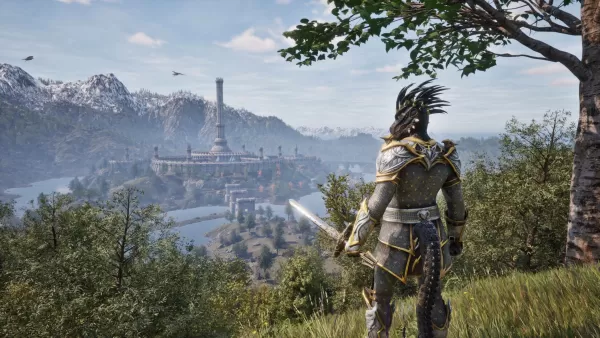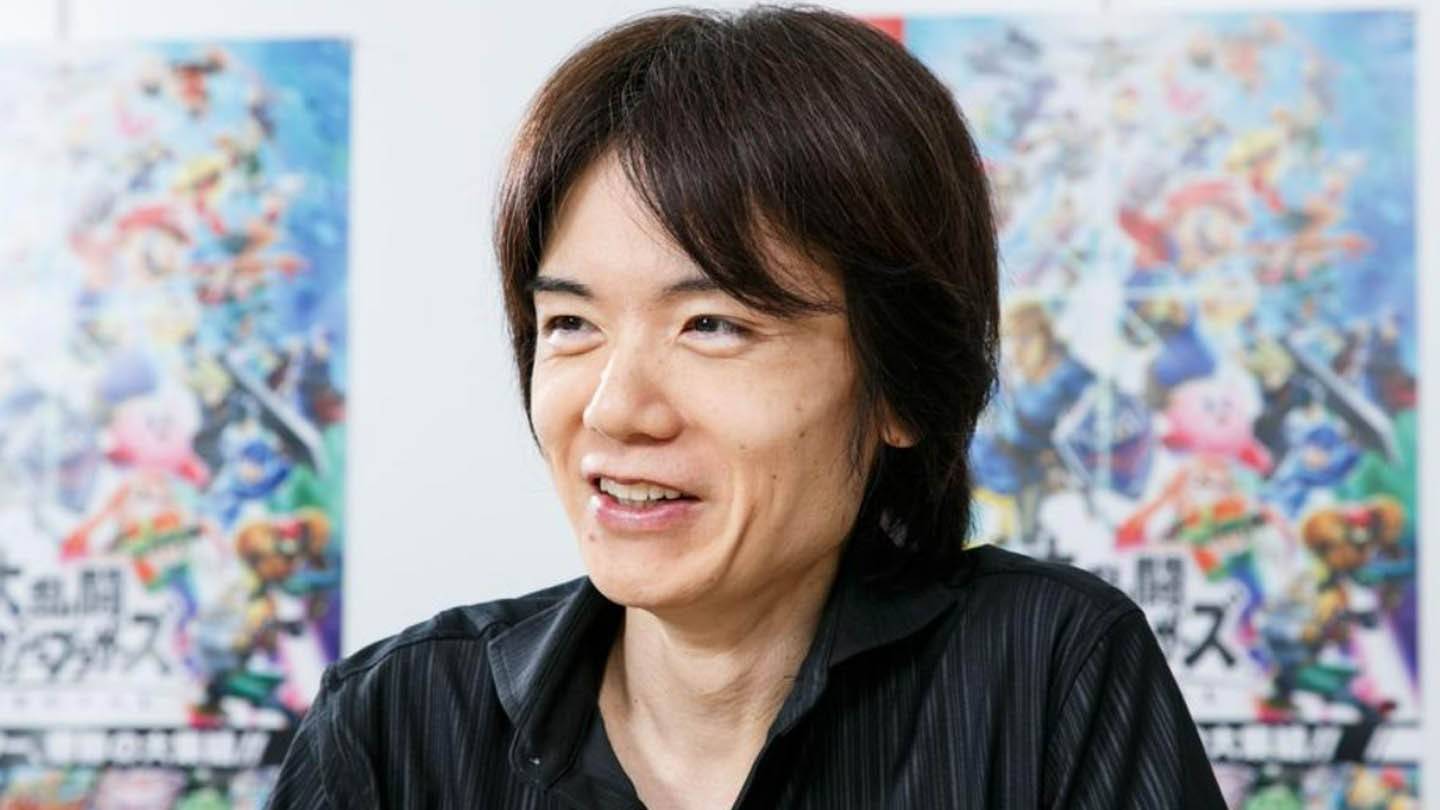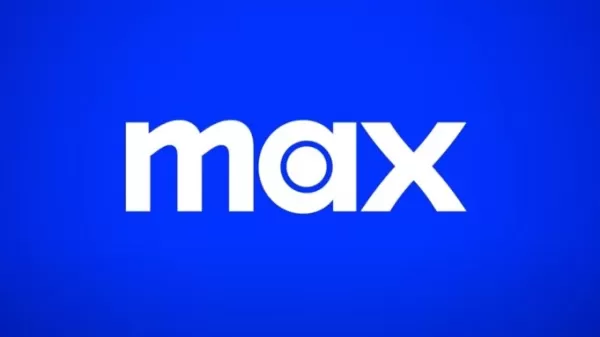By Azura, by Azura, by Azura – the rumors were true. Yesterday, Bethesda ignited the gaming world by unveiling Virtuos' stunning remaster of The Elder Scrolls IV: Oblivion. This unexpected 'Elder Scrolls Direct' event not only showcased the remaster but also led to an immediate surge in player engagement, with hundreds of thousands jumping in to play. This moment of excitement and celebration feels like a beacon of hope amidst the challenges Bethesda Game Studios has faced in recent years. From the rocky launch of Fallout 76 to the lukewarm reception of their new sci-fi universe, Starfield, the studio's recent releases have left many fans wondering: Has Bethesda lost its touch? The RPG landscape has become more competitive, with titles like Larian Studios' Baldur's Gate 3 and Obsidian's The Outer Worlds series earning high praise as spiritual successors to Elder Scrolls and Fallout. With Elder Scrolls 6 and Fallout 5 still years away, this re-release of Oblivion might be a crucial step forward, albeit in an unexpected direction.
At its zenith, Bethesda Game Studios was a powerhouse in the RPG genre. In 2020, leaked Microsoft FTC documents revealed that Fallout 4 had sold an impressive 25 million units, with over 5 million units sold in the first week alone, according to VGChartz. In 2023, Todd Howard announced that Skyrim had crossed the 60 million sales mark, though multiple re-releases certainly contributed to this figure. In contrast, Starfield's sales are estimated at just over three million units a year and a half after its launch. While considering Game Pass subscribers and the absence of a PlayStation version, these numbers must still be disappointing for Bethesda. Even Starfield's dedicated fanbase has expressed dissatisfaction with the game's first expansion, Shattered Space.
This leaves Bethesda with a significant challenge. With The Elder Scrolls 6 still years away and Fallout 5 barely a rumor, how can this iconic RPG developer recapture the hearts of its fans? The solution may lie in revisiting its past.
Rumors about the Elder Scrolls IV: Oblivion remaster surfaced in September 2023, sparked by leaked Microsoft documents hinting at several unannounced Bethesda projects, including this remaster of the 2006 classic. The buzz grew until January 2025, when a former Virtuos employee leaked more details, sparking debate among fans about their authenticity. Finally, last week, the news broke early, setting the internet ablaze – there were over 6.4 million Google searches for 'The Elder Scrolls IV: Oblivion', a 713% increase in the last week alone. Bethesda's reveal livestream peaked at over half a million viewers. Despite the leaks, over 600,000 tuned in to witness the re-reveal of this 19-year-old game. The demand was so intense that discount game key websites like CDKeys crashed, while Fanatical and Green Man Gaming slowed to a crawl. As of yesterday, Steam reported 125,000 concurrent players, with Oblivion firmly positioned as the #1 best seller. The enthusiasm for this remaster burns as brightly as the flames from the Oblivion gates themselves.
The message from players is clear: if you (re)build it, they will come. What better way to keep fans engaged during these long development cycles than by inviting them back to the enchanting worlds of Morrowind or the post-apocalyptic landscapes of the East Coast? From a business perspective, it's a smart move. While Bethesda's core team works on new, long-gestating projects, trusted partners like Virtuos can use existing blueprints to craft remasters in shorter time frames. These remasters appeal to established fanbases and introduce new players to the genre-defining RPGs of past generations. Reviving these classics also attracts a new generation to explore the intricacies of Tamriel or emerge from the ruins of Las Vegas and D.C.
Bethesda has successfully leveraged its catalog before. During the first season of the Fallout TV show on Prime Video, Fallout 4 was discounted by up to 75%, accompanied by a timely next-gen update featuring homages from the show. As a result, Fallout 4 sales surged over 7,500% in Europe alone, despite being nearly a decade old.
 Oblivion Remastered offers a visit to the past that looks like the future. Image credit: Bethesda / Virtuos
Oblivion Remastered offers a visit to the past that looks like the future. Image credit: Bethesda / Virtuos
Looking back at Microsoft's leaked Bethesda roadmap, many noted a planned Fallout 3 remaster scheduled two years after Oblivion. Although the original timelines have shifted – Oblivion was initially set for fiscal year 2022 – the gap between releases might still hold. This suggests a potential Fallout 3 remake in 2026, coinciding with the second season of Fallout. Given the synergy between the first season and Fallout 4, could Bethesda be planning a surprise New Vegas remake to align with the show's shift to that setting? After shadow-dropping Oblivion, it's not beyond the realm of possibility that a New Vegas Remastered trailer could be waiting at the end of Fallout Season 2's finale.
The message from players is clear: if you (re)build it, they will come. However, if there's one game in Bethesda's catalog that truly deserves a remake, it's The Elder Scrolls III: Morrowind. Fans have been clamoring for this for years, with some even remaking it using Skyrim's tools, as seen in projects like Skyblivion. Yet, Morrowind poses unique challenges for a remake. It straddles the line between Bethesda's past and present, built differently from modern Elder Scrolls games. It's only partially voiced, with much of the story conveyed through text, no quest markers (requiring players to manually note directions from NPCs), and simplistic combat physics. While Virtuos successfully updated some of Oblivion's systems, Morrowind's entire framework is a complex system. This complexity is both its charm and its challenge. Remaking Morrowind is a delicate balance; modernize it too much, and you risk losing its unique essence. Retain too many outdated features, and it might feel like a frustrating throwback.
When a studio is synonymous with a gaming genre, the challenge is to innovate while maintaining its audience. Rockstar Games has kept Grand Theft Auto fans engaged for over a decade through the ever-evolving world of GTA Online, which supports the rumored hefty budget for GTA 6. Bethesda's strength lies in its richly detailed, expansive single-player worlds – a quality that Elder Scrolls Online and Fallout 76 have struggled to replicate. The overwhelming response to Virtuos' Oblivion remaster shows that gamers are eager to revisit Bethesda's storied past. However, not every remaster guarantees success – as seen with Rockstar's GTA Definitive Editions. Yet, for Bethesda, breathing new life into classic titles could be the key to regaining its status as a leader in the modern RPG space.















